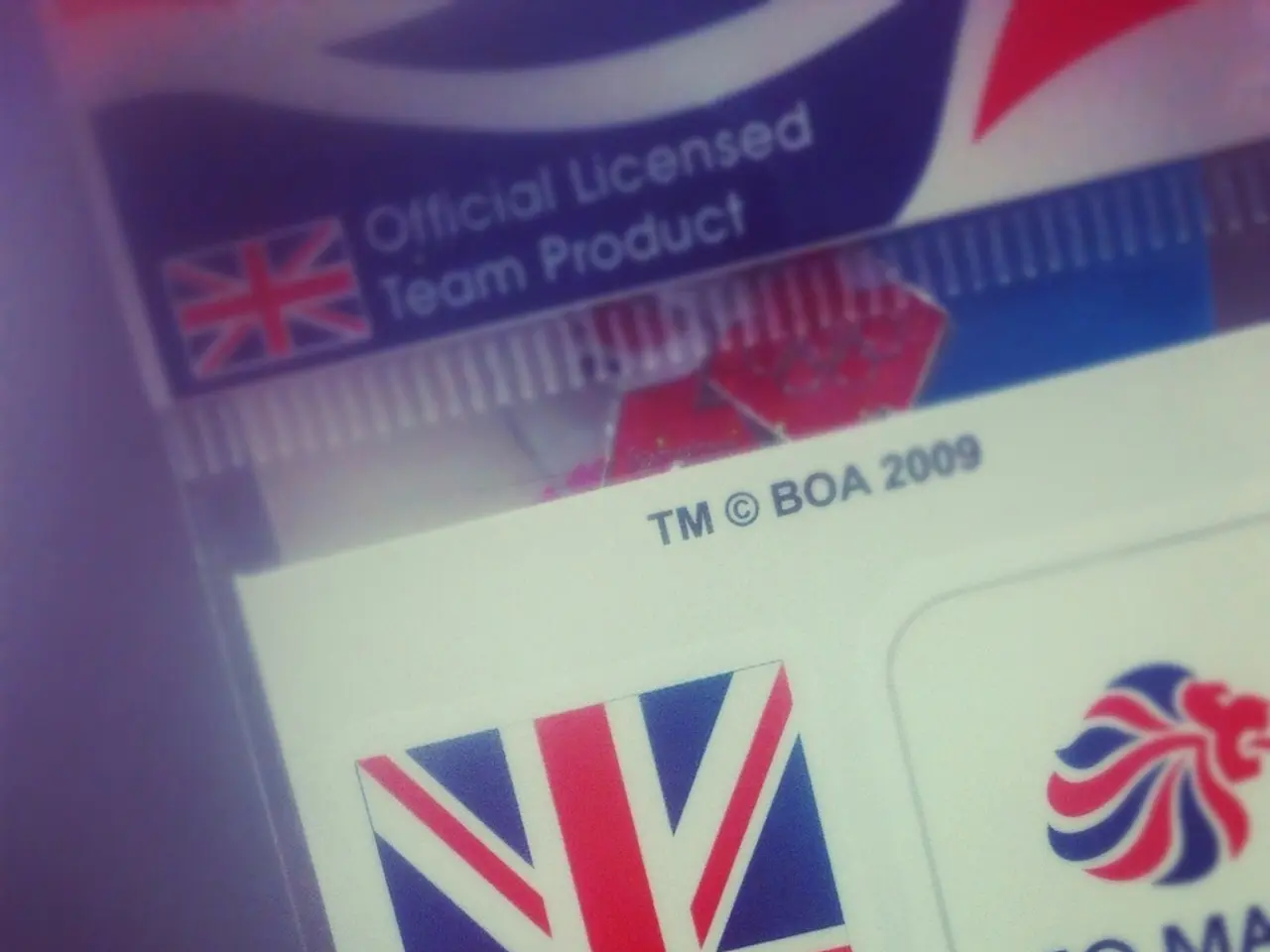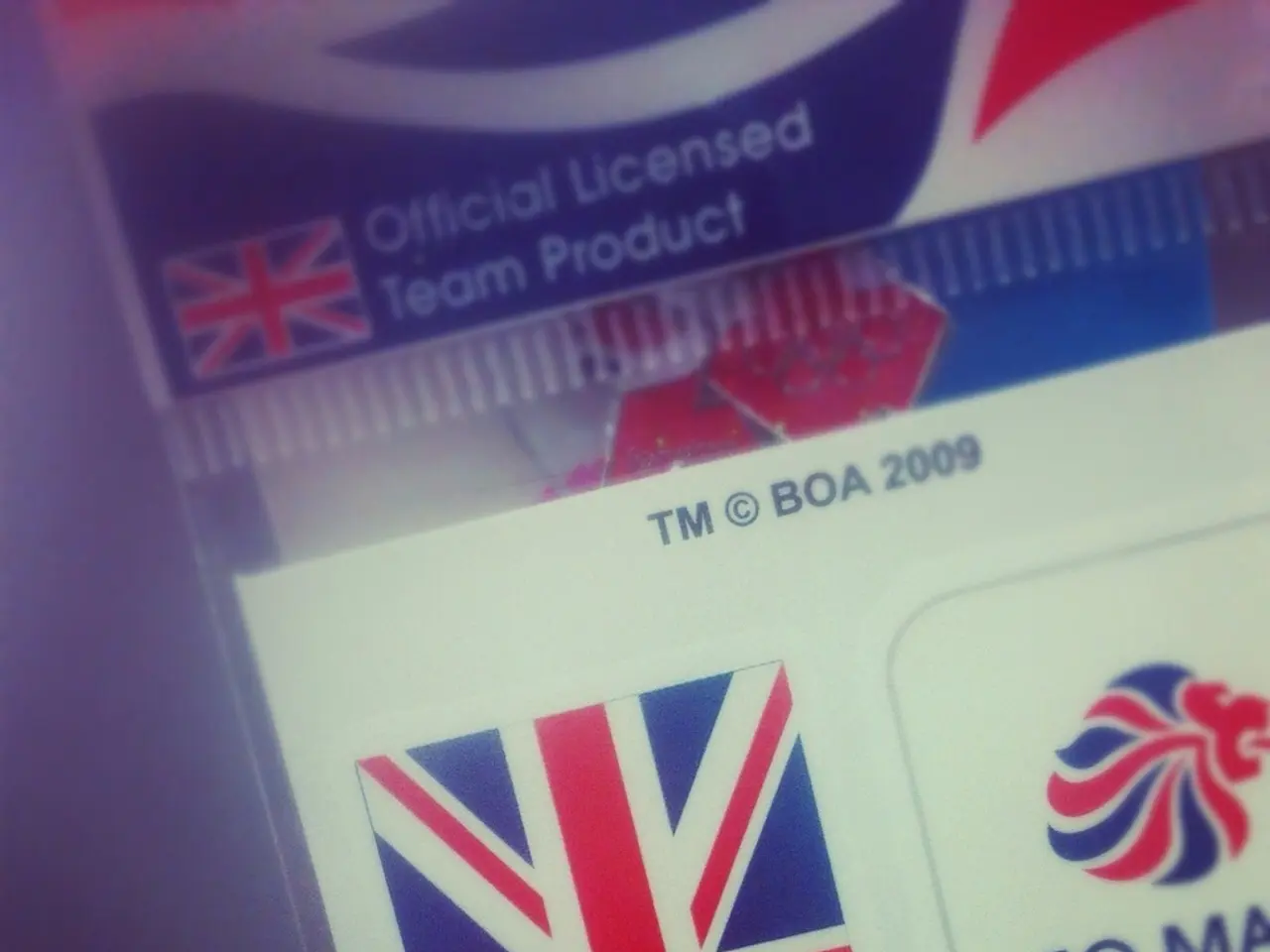Will Alberta Achieve Similar iGaming Success as Ontario, Avoiding the Emerging Difficulties?
In the world of online gambling, Canada is making waves. Alberta, set to become the second province to open a regulated online casino market, is learning from Ontario's experiences to create a more stable and profitable iGaming ecosystem from day one.
Alberta's legislators have been moving swiftly to prepare for the launch of iGaming, scheduled for early 2026. The Alberta iGaming Corporation has been formed to set standards, ensure safe and responsible gaming rules, and manage the operator registry.
Ontario, which launched its online casino market earlier, has provided valuable lessons for Alberta. The Ontario market, which records over one billion dollars in monthly wagers, has experienced year-over-year growth, with gross gaming revenue of $3.2 billion by March 2025.
However, Ontario's success is not without its challenges. The market experienced launch-day confusion, fractured market continuity, and delayed go-lives. Some players reverted back to less regulated offshore sites rather than navigating through the new safeguards.
To avoid these early turbulences, Alberta should focus on regulatory compliance, transparent advertising rules, simplified player journeys, and robust responsible gaming measures.
Ontario's regulatory body, the Alcohol and Gaming Commission of Ontario (AGCO) and iGaming Ontario (iGO), have emphasized strict adherence to regulations, ensuring secure, fair, and accountable gaming environments that build player trust.
In terms of advertising, Ontario restricts celebrity endorsements and requires transparent advertising with clear licensing and bonus consent information, protecting players from misleading promotions and fostering a responsible gambling culture.
Simplifying the user experience is also crucial. Ontario offers easy license verification on platforms, accessible responsible gambling tools (e.g., self-exclusion), and a single regulatory complaint authority, minimizing player confusion and enhancing trust.
Moreover, Ontario supports multiple licensed sportsbooks and casino operators with seamless registration processes and optimized mobile and desktop platforms, enabling a competitive but regulated market.
Emphasis on player protection and responsible gaming is another key aspect. Ontario places importance on responsible gaming tools, transparency, and clear dispute resolution processes, reducing potential early market issues related to problem gambling complaints and unlicensed operators.
Alberta, with approximately 4.8 million residents, will launch under a distinct corporate-tax structure and different fiscal and demographic realities. Licensing fees, revenue-sharing formulas, and deposit limits in Alberta's iGaming market should be calibrated to fit these differences.
Operators can expect updates on licensing requirements, tax rates, and launch dates soon. Some Ontario operators were forced to heavily modify their platforms due to strict AGCO compliance, a lesson Alberta should heed.
By adopting these best practices, Alberta can build a more sustainable and potentially profitable iGaming ecosystem from day one, avoiding Ontario's early stumbles and creating a secure, player-friendly, and regulated online gambling market.
[1] AGCO and iGaming Ontario: https://www.igamingontario.ca/ [2] Ontario iGaming Market: https://www.ontario.ca/page/internet-gaming [3] Alberta iGaming Corporation: https://albertaigaming.ca/
- In light of Ontario's experiences, Alberta is developing a more stable and profitable online gambling market by adhering to strict regulatory compliance and establishing a corporate-tax structure that fits its unique fiscal and demographic realities.
- Avoiding launch-day confusion common in Ontario, Alberta plans to implement transparent advertising rules, simplify the player journey, and offer robust responsible gaming measures to enhance player trust.
- Alberta will prioritize clear dispute resolution processes, responsible gaming tools, and a single regulatory complaint authority to minimize confusion and foster a healthy gambling culture.
- Alberta follows Ontario's example in supporting multiple licensed sportsbooks and casino operators, ensuring a competitive yet regulated market with optimized mobile and desktop platforms and easy license verification.




